Our Fellows’ Research
As part of the leadership journey, Cahn Fellows submit a white paper that describes the inquiry process, outcomes, and future implications of an identified problem of practice. It is our hope that these research papers will provide the larger educational community with information about important issues affecting today’s leaders.
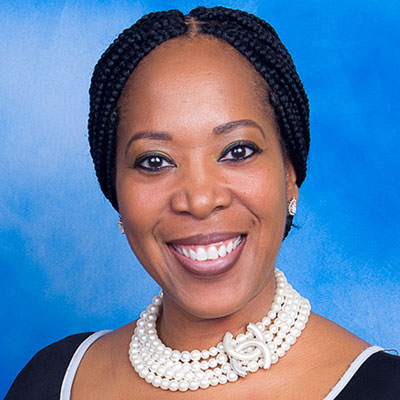
Crystal Bonds
Cahn Fellow 2018
The Tale of Two Races: How to Give Students of Color a Choice,
While Norming the Conversation Around Race and Equity
The High School for Math, Science and Engineering at the City College of New York is a very high achieving school with a history of a community of multicultural representation. In recent years this hidden gem, once buried in the heart of Harlem has risen high and shines brightly in its neighborhood. With this light comes change. Our population is ever-changing and we see some demographic representations in flux — particularly our Latino and Black students. At a quick glance, our student data boasts high pass rates far above city averages, 96+% attendance rates, 99-100% on average graduation rates and college acceptances. The traditional data analysis leaves little room for investigation. However, when peeling back the layers in our qualitative and quantitative data, trends quickly emerged to our awareness.
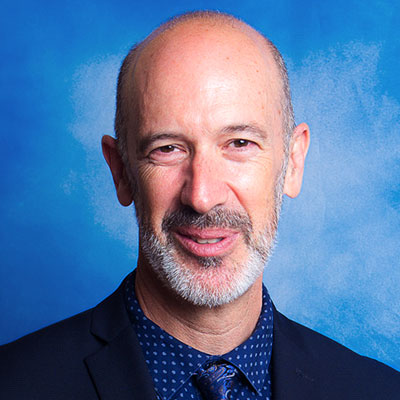
Michael Boraz
Cahn Fellow 2018
Leading Equity Through Collaborative Teams
My project is to inquire into how we develop collaborative and accountable teams where each member contributes to the team equitably. By accountability, I mean that each team has authentic ownership of the process and outcomes that they are working toward. The question as it pertains to my leadership is how do I lead authentically accountable teams, and to what extent does my leadership facilitate or inhibit collaborative leadership.
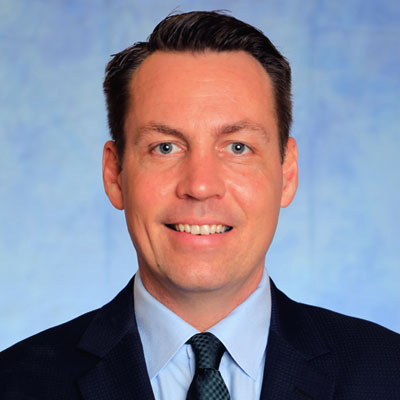
Brian Bradley
Cahn Fellow 2018
A Tiered Approach for Improving Male Middle School Student Outcomes
Middles school ages are formative years in the development of young men as scholars and citizens. Educators have struggled to achieve the same literacy outcomes for male students at the same rate as female students (Reardon, Fahle, Kalogridges, Podolsky, & Zarte, 2018). While male students across the country have failed to keep pace with their female counterparts in English Language Arts, the results for boys of color are especially disproportionate (Emdin, 2016). In this paper, we describe a tiered approach to addressing the gap in literacy performance between the male and female students at the Renaissance School of the Arts. The approach focused on three tiers: Book Clubs, Teacher Implicit Bias and Individuating. Thus far our approach has generated positive growth on both reading levels and discipline referrals for the male students at Renaissance School of the Arts.
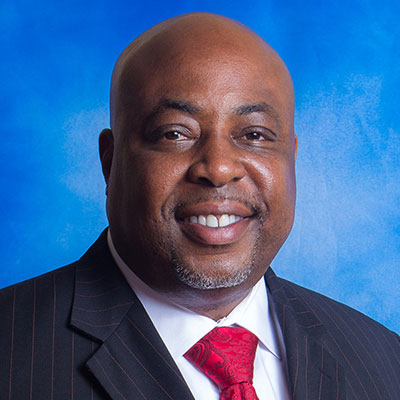
Bud Bryant
Cahn Fellow 2018
Promoting College Readiness Through Trauma Sensitivity
With the ever-changing landscape of education and its transient student population, Countee Cullen Elementary School experienced an enrollment decline and a subsequent loss in funding. To counter these unfortunate circumstances, aggressive community marketing strategies were employed. Ironically, the successful recoup precipitated a decrease in overall academic performance. An in-depth analysis of these outcomes revealed a significant portion of newly enrolled students experienced adverse childhood events that were inadequately addressed. As it has been well documented, children exposed to trauma are more prone to have cognitive and behavioral manifestations which can impede success in the classroom (as well as other areas of life). Our goal is to create a trauma-sensitive school ensuring all kids are socially and emotionally equipped to navigate life’s challenges which allows them to fully engage in college and career readiness preparation.
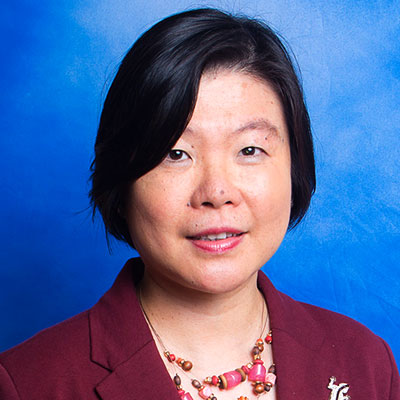
Iris Chiu
Cahn Fellow 2018
Onward! – Cultivating Trust and Building Relationships Through Culture and Climate Change
This project describes our process of building relationships of trust with students, teachers and parents while acknowledging each other’s strengths and preferences. Through the course of action, we are working to strengthen the entire school community, by empowering everyone to shine and succeed within a culture and climate of compassion and social-emotional resilience.
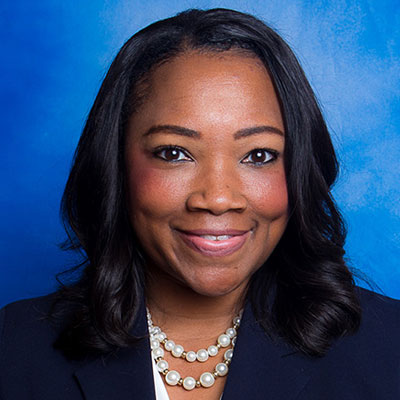
Robin Christian
Cahn Fellow 2018
Literacy on the Move “Guiding Teacher Practices as a Pathway to Student Success”
How can we improve literacy proficiency rates for our students? Barack and Michelle Obama Academy is a k-8 school in the historic Peoplestown inner-city community of Atlanta, GA. This project focuses on the next big step needed in order for Barack and Michelle Obama Academy in Atlanta, GA, to continue to improve student achievement. Our school is considered one of the District turnaround schools. We serve in a community that is below poverty whereas many of our students have major gaps in learning and developmental delays due to lack of exposure and early learning experiences. While our school has shown significant gains in the percentage of students performing at developing and above as measured by our state assessments, we continue to have gaps in academic proficiency in the area of literacy.
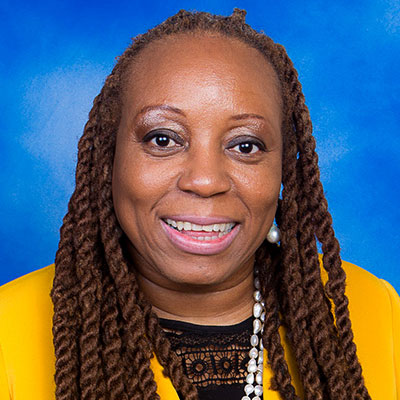
Sandra D’Avilar
Cahn Fellow 2018
How Can We Increase Student Achievement Using Collaboration and Trust to Build Stronger Teacher Practice?
Our project deals with crafting a school culture that is conducive to teacher collaboration and trust; in an effort to build stronger teacher practice as we embed more rigor within our targeted small group work. Within our final project, we will be presenting information on who we are as a school and what our problem of practice is. We will share that an extensive look at our school’s data clearly shows that even though we continue to make steady progress, our student progress is not what we deem it to be. We will share information on our achievement gap; especially for African American males. We have been memorializing the work we have been engaging within a small group. We have used a small cohort of teachers to attend a specialty group surrounding Small Group work, and they have returned to the school and provided professional development for their peers and for the administration team.
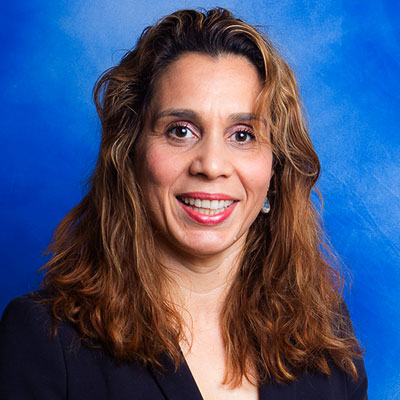
Clariza Dominicci
Cahn Fellow 2018
Engineering A Path Towards Equity
As we engineer our path towards equity, we want to ensure ALL students are engaged in cognitively demanding tasks, thus leveling the proverbial “playing field.” During our journey of increasing cognitive demand and improving equitable practices with a focus on English Language Learners and students with disabilities, we discovered that we must start by examining our own beliefs and practices around student and adult learning and what we are all capable of accomplishing. This deep dive into our espoused theory vs. our theory in use has helped us rethink; reimagine a path towards ALL students and adults meeting proficiency and towards winning the game.
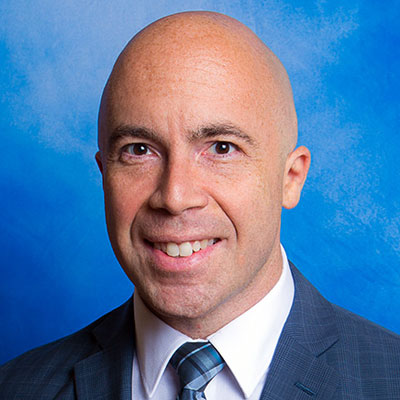
Mark Erlenwein
Cahn Fellow 2018
Building Trusting Relationships to Promote Independent Learning: Culturally Responsive Partnerships
Follow the journey of the Staten Island Technical High School’s Cultural Responsiveness Impact Team as they work with faculty, current students, prospective students, and parents/guardians conducting a deep inquiry guided by the works on culturally responsive education by Zaretta Hammond and Geneva Gay. Learn how the team identified and quantified the qualities and characteristics of what makes for stronger and more meaningful relationships in a Specialized High School setting with the goal of fostering a shift from dependent to independent learning.
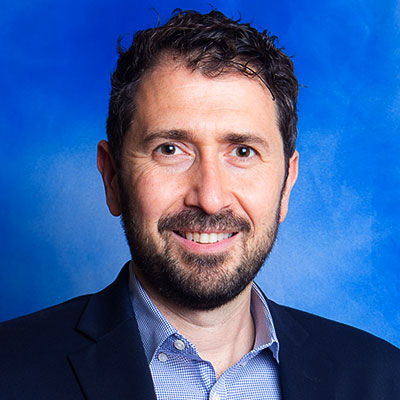
Kevin Froner
Cahn Fellow 2018
Begin with You: from School to Self
What began as a project to address a rising tide of social-emotional and behavioral incidents, including mental health issues and myriad forms of stress-related occurrences found within the student body, led to a project aimed at shifting student culture, followed by an initiative to address teacher inter-connectedness, and ultimately a process which returned us to the self, to “be the change” we were hoping to effect.
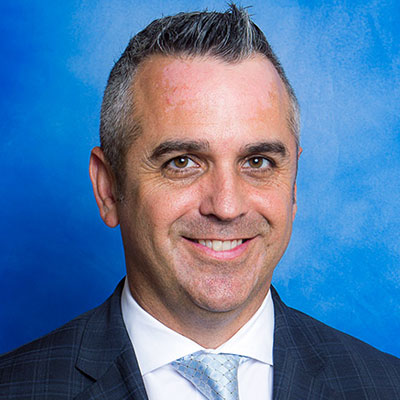
Kevin Gallick
Cahn Fellow 2018
Opportunity Restored: Supporting Kids to Unleash Their Potential in the 9th Grade
Over the past seven years Washington High School has experienced a transformation in school culture and academic achievement; however, not all Washington students have benefited equally from the school’s improvements and we aspire to be more. While we are committed to supporting all students to achieve, the focus of our project is explicitly on our Latinx Boys, Black Boys, and Black Girls. Our project is focused primarily on providing a space to share and cultivate new ideas and practices, while at the same time growing in our capacity to lead for equity.
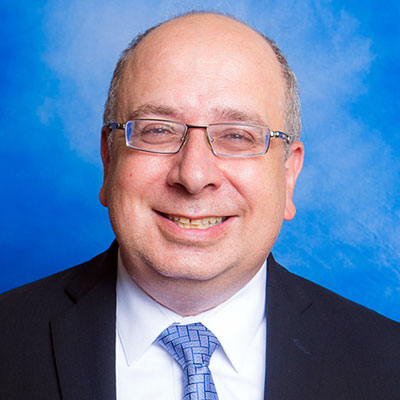
Franklin Headley
Cahn Fellow 2018
When Great Obscures the Not-so-Good: How Feedback on Feedback Led to Curricular and Structural Change at VOICE Charter School
We initially focused our project on multi-directional feedback after assessing feedback given to teachers and listening to their feedback to supervisors. However, we shifted gears when we heard our teachers’ concerns about our performance gap with our third graders, specifically in English Language Arts. As a result, this year (2018-2019), we made several major changes to help close student performance gaps including a new ELA curriculum, changing our level reading assessments, enhancing our implementation of guided reading, and improving our supervisory ratios and structure. As a result of these changes, we received positive feedback on our feedback to teachers and experienced some improvements in third-grade performance. Our steps for 2019-2020 include focusing on our English Language Learner students and other factors in our continuous journey to enhance staff performance and close student performance gaps.
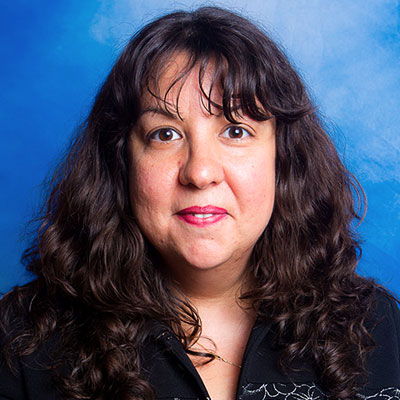
Melitina Hernandez
Cahn Fellow 2018
Guided Reading
Pretty good is actually not so great – But where do we go from here? Three different principals from three different schools with different backgrounds come together and discover one problem: progress is just not enough. Together we worked to improve strategies encouraging teachers and staff to recognize that pretty good is actually not so great. There was a common need to develop support tools and school structures, utilizing patience and purpose. Through our different journeys, we worked to change instructional literacy practices, impact teacher mindset about strategic approaches to literacy instruction, provide feedback and build a culture of trust. I approached PS/MS 123’s formal implementation of Guided Reading as a strategy to address student need in reading. I set out both short-term and long-term goals with corresponding actions.
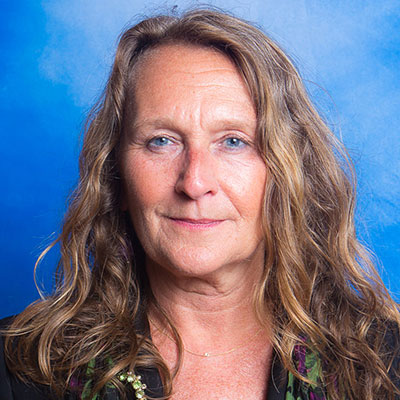
Melody Kellogg
Cahn Fellow 2018
Purposeful Processing — Improving Outcomes for ELL’s: One School’s Journey Toward Equity
Educational equity, for us, means all students receiving what they need to be successful. It is our argument that educational equity for ELL’s, for a variety of reasons, is not consistently occurring in the majority of educational institutions. Our project addresses the value of creating a paradigm shift in instruction for ELL’s that prioritizes developing students’ cognitive processes as a means of addressing learning gaps, fostering independence in learning, and ultimately improving student outcomes and college preparedness.
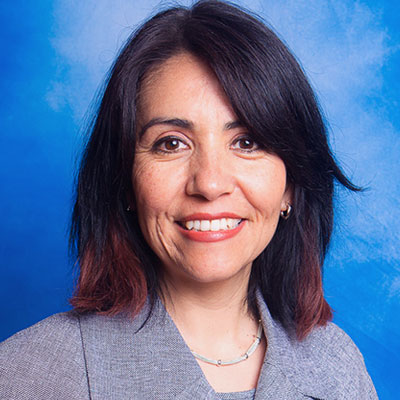
Hiliana Leon
Cahn Fellow 2018
Trust In Schools And Its Impact On System Change
How can we build trust where vulnerabilities are supported and teacher leadership increases? Albany Park, a Chicago Public School that has achieved and maintained the district’s highest rating, journeys through the next steps in the difficult work of school improvement. Learn about this middle school’s path using diagnostic assessment tools to focus on the area of principal to teacher trust.
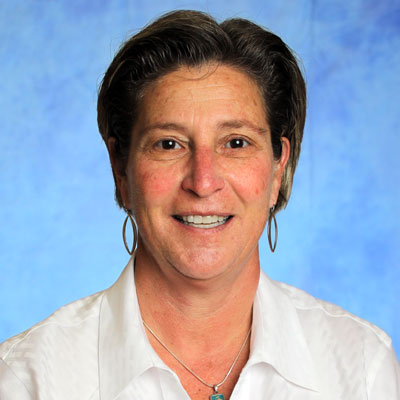
Jamie Lofaro
Cahn Fellow 2018
Increasing Student Engagement Through Project Based Learning
“What would happen if we prioritized student behaviors over teacher behaviors as the driver of increasing student engagement?” And, “What if the response to the question, “My teacher makes learning interesting,” was 92% instead of 72%? How would our school look different?
Although students spend half their day in a career elective course of their choice, student perception survey scores found the lowest-rated question for the past three years as, “My teacher makes learning interesting.” There are many factors that lead to student engagement: content, learning environment, high expectations, teacher personality, having concepts explained in a clear manner, differentiated ways to demonstrate learning, to name a few. Learn how CEC has chosen to emphasize moving away from teacher behaviors as indicators of lesson success.
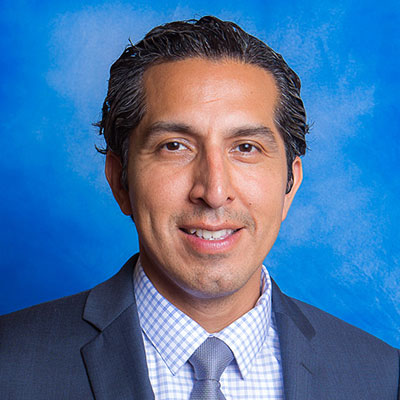
Donny Lopez
Cahn Fellow 2018
Ensuring Equitable Practices via Student Engagement
At P.S. 163 Alfred E. Smith, we have chosen to focus our Cahn Fellows project on using data analysis to ensure equitable practices. We define equitable practices as teaching practices that acknowledge a student’s academic level — and social-emotional needs — and through the use of scaffolds and supports, presents children with rigorous, grade-level tasks. The staff created this definition and ensures that all equally envision the same outcome as it pertains to equitable practices in the classroom. At the conclusion of our Cahn project, our entire staff of P.S. 163 will have begun the journey on ensuring equitable practices. We say begun because equity is a broad word that entails many facets and angles. Teacher mindset, academic expectation, student suspension, and so much more all connect back to equity. As a result, our Cahn project will live on at P.S. 163 as a journey that will challenge the staff to reflect and refine their teaching practices and beliefs.
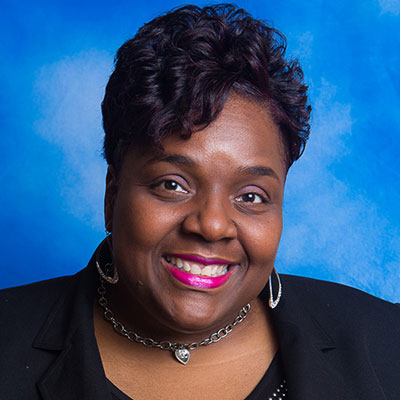
Alene Mason
Cahn Fellow 2018
How to Change the Game for African American Students: Eliminating the Pipeline to Prison by Getting Students to Grade Level
At Scott Joplin Elementary School 60% of students are not meeting grade level standards, which means they are not College and Career Ready. Education is the GATE KEEPER and only 4 out of 10 students can walk through the gate. During this leadership journey, we experienced an awakening as leaders, uncovered our vulnerablitles and discovered that we were setting our students up for failure, creating a pipeline to prison. We took immediate action and designed systems and structures for success, provided continuous feedback and created the right type of experiences to change the game for African American students. The impact was profound and transformational not only for the students, staff and parents, but it transformed us as leaders. We began to see ourselves in our team. Find out how we changed the game!
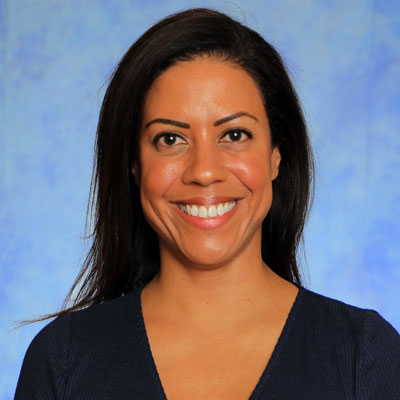
Rachel Massey
Cahn Fellow 2018
The Essential Element of Trust – Building a Culture for Students to Thrive
Farrell B. Howell is an ECE-8th Grade school in Northeast Denver. Our student population requires a staff that is highly skilled in accelerating academic growth, supporting English Language Learners, and facilitating trauma-sensitive learning environments. To best meet the developmental needs of the staff and students, Howell is redefining our leadership structure. More specifically, we are shifting from a top-down leadership approach to a shared leadership model to establish an interdependent Instructional Leadership Team that is proactive in sharing the responsibility for ensuring effective instructional practices schoolwide to sustain academic growth.
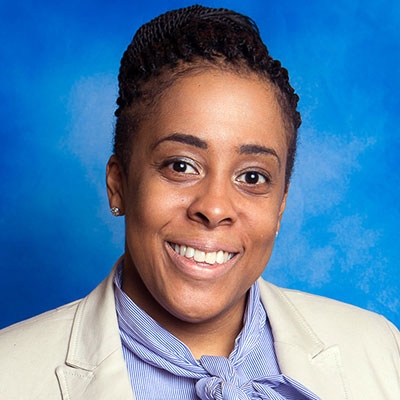
Crystal Mayfield Jones
Cahn Fellow 2018
Shifting Instructional Practices from Good to Great
During this time we have worked to improve strategies encouraging teachers and staff to recognize that pretty good is actually not so great. We found a need to develop support tools and school structure utilizing patience and purpose when approaching feedback, coaching and professional learning with teachers. We have worked to change instructional literacy practices through mindset shifts, feedback and building a culture of trust.
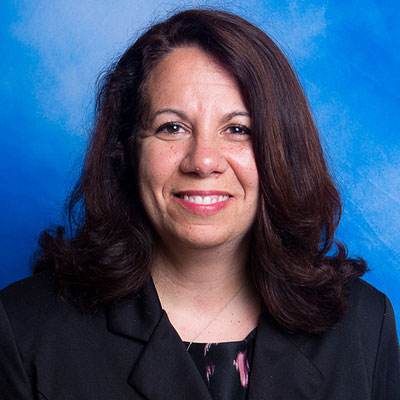
Theresa Mshar
Cahn Fellow 2018
Engaging, Inspiring and Supporting Hispanic Students for Success
The focus of my Cahn Project is to analyze, understand, and respond to the significant achievement gap in ELA and math for our Hispanic students. Our baseline data was collected from a comprehensive needs-assessment that involved our school community and stakeholders. The assessment involved qualitative and quantitative indicators of the academic performance and social-emotional development of our Hispanic students. Throughout this project, my school community is engaging in cycles of learning focused on effective ways to increase student achievement. We seek to document, measure, and understand the impact of the following school-wide initiatives on our Hispanic students:
- Heterogeneous classes with individualized student scheduling
- UFT contract variance to enhance Small Group Instruction and Teacher Team Inquiry
- Social-emotional supports, including Brain Power Wellness and Parent-Teacher Home Visits
- Academic interventions integrated with sports and wellness
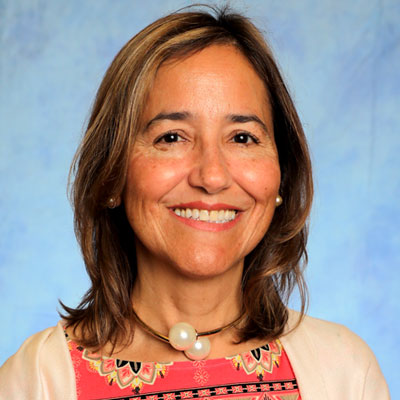
Carmen Navarro
Cahn Fellow 2018
Begin with the End in Mind: Using Data-Folders to Increase Students’ Accountability
This project investigates one important aspect of the conditions and practices that directly impact the growth and attainment of the students at Azuela Elementary School: student data folders. Trusting that, to increase students’ achievement, schools need to upsurge students’ agency and accountability towards their learning. To this end, students and teachers were first surveyed and interviewed to gain an insightful understanding of the systems and structures in place. Then, using the communication styles and the “Ways of Knowing” we were able to gather teachers’ feedback and perceptions towards the students’ data- folders. Finding out that our data folders’ system needed to be restructured and refined, we then created templates and documents for different grade levels for teachers to utilize when facilitating goal-setting, conferencing and monitoring of students’ progress. When students are not only able to articulate their data, but also demonstrate a clear understanding of what their scores mean, and when teachers are using the data folder system with fidelity, eventually, a dynamic community of learners will be established and sustained.
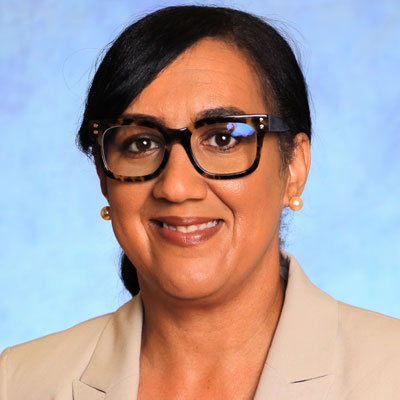
Rachel Payne
Cahn Fellow 2018
“Just Keep Swimming!” Developing School-Wide, Trauma-Informed Practices to Support Student Learning
When trying to reach that student that seems unreachable, you know what you’ve got to do!
“Just keep swimming, just keep swimming…” Dory, Finding Nemo
At Marie L. Greenwood Academy in the Denver Public Schools, we are committed to building relationships with our students. Creating consistent school-wide trauma-informed practices — such as designing a peace corner in each classroom, ensuring that all students have access to a full-time mental health team member, and implementing a more trauma-informed approach to discipline — we are creating an environment that is conducive for ALL students to get the support they need to be successful. Dive into the deep along with us as we show you how to “Just Keep Swimming” when creating school-wide trauma-informed practices.
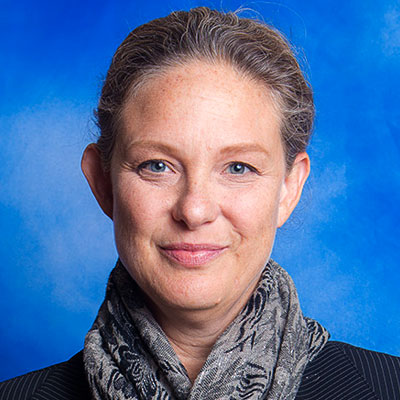
Danielle Petters
Cahn Fellow 2018
How Can We Change Our Leadership Style to Improve Student Outcomes in English I?
H. Grady Spruce High School is located in an underserved, under-resourced area of the city of Dallas. The school has had a turbulent twenty-odd years. Our mascot was changed in 2004, alienating generations of alumni. Because of persistent academic underperformance, the school was reconstituted in 2009, sending the sophomore and the senior class to other high schools to finish out their high school years. Tragically, this move decimated varsity athletics, extra-curricular activities, and any sense of school pride while failing to elicit any improvement whatsoever in academic achievement. Compounding these systemic changes, Spruce has had a consistent turnover in the principalship, with 14 principals serving in the last 24 years. Tellingly, 10 years ago, Spruce only graduated 30% of the senior class. My goal for this fellowship project was to grow as a leader in the area of knowing when to be directive and when to be collaborative so that I could help my team figure out what we need to do to improve student achievement in English Language Arts, starting with our 9th graders in English I.
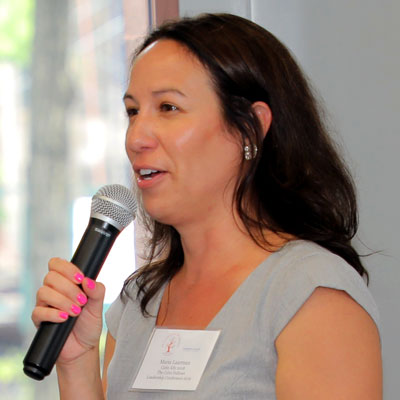
Maria Laarman
Cahn Ally 2018
An Unexpected Journey: An Investigation into Attendance
Denver city schools have met many challenges this year. In an exploration of how to support students and families with chronic attendance issues, an unprecedented event in the Cahn Fellowship program gives the problem of practice a whole new meaning. This story is a trial and testament to our personal growth as leaders at West Early College.
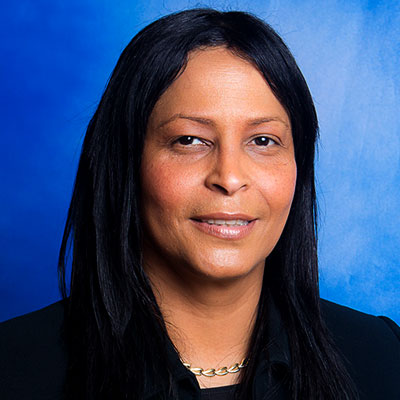
Suany Ramos
Cahn Fellow 2018
Deep Dive into Literacy
Educators at PS/MS 188’s PreK-Grade 8 school on Manhattan’s Lower East Side have struggled, for years, to go beyond showing student “growth” to closing the achievement gap. Serving a most-risk population (99% free-lunch eligible, 49% temporary housing; 33% SWDs and 31% ELLs), administrators and teachers had become frustrated. Despite our lauded community school model (NYCDOE Showcase School), and despite an increase of 15.5% school wide on the 2016-2017 NYS standardized ELA test, 61.1% of our students performed below grade level on that test.
Believing that all teachers must be invested in literacy instruction, and with a personal goal of increasing distributed leadership, I led our Middle School faculty in investigating a unique literacy program offered by the NYC DOE, simply called the Middle School Quality Initiative. Taking a deep dive into literacy, every Middle School teacher committed to teaching reading in addition to their regular subject areas, and to using MSQI pedagogy to purposefully embed reading and writing into their content area instruction. In addition to shifting teachers’ mindsets, and to providing differentiated pedagogical training, MSQI required a complete overhaul of the Middle School schedule.
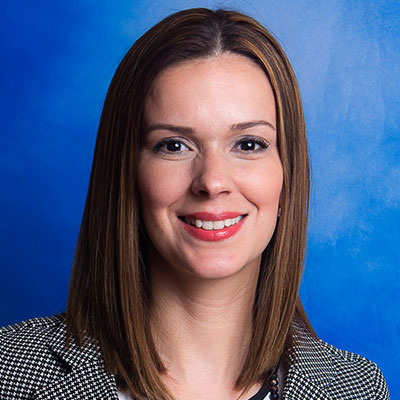
Rebecca Salgado
Cahn Fellow 2018
Learning to Play Nice so the Work Can Get Done
When the adults at a school can’t get along, the work can’t get done…or at least it can’t get done as well. That is the unfortunate truth of the world we work in. We are blessed to work at a school filled with fantastic students and families who need us in so many ways, and every adult at our school loves the little people we work for. What is harder for our staff is loving – or sometimes even liking – the big people we work with. What do you do when you have a common goal, but you just can’t seem to play nice? Our project is a little bit excavation, a little bit exploration as we seek to find the causes behind the lack of trust and respect and the right ingredients to rebuild it so we can tackle the hard work of supporting and loving the little people in our care in the best way possible – together!
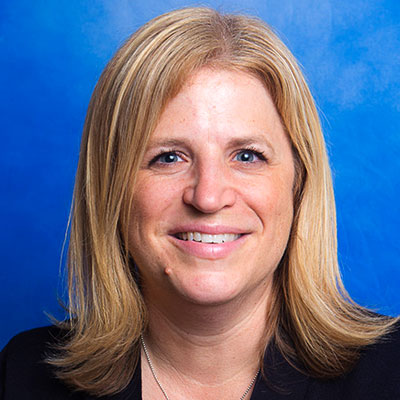
Rebecca Sargable
Cahn Fellow 2018
Increasing Learning Gains for All Students through Connection
How do you increase learning gains for all students? This was the question we had to ask ourselves after three years of school-wide data continued to show a concern in the learning gains for our students. After data dives, hard conversations, and reflection, our school community was ready to tackle this glaring issue. Strategically, throughout the year, we charted our roadmap. Join us on our journey as we discovered how goal setting, motivation, accountability, and making connections have the power to increase student achievement and directly impact learning gains.
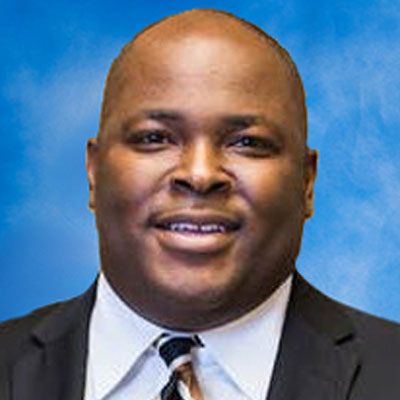
Jonathan Calvin Smith
Cahn Fellow 2018
Building Teacher Leader Capacity
My current problem of practice at the David W. Carter High School, an urban high school, centers on building instructional capacity and leadership skills for teachers. The Dallas ISD Campus Climate Survey results, a compilation of responses from campus faculty and support staff published semiannually, demonstrate a need to improve campus culture and systems and provide teachers with timely, actionable feedback to improve the quality of instruction. Student Perception Surveys findings present a three-year stagnation in student engagement, below the district average and well-below neighboring feeder elementary and middle schools. All the 9th-grade students are promoted from Atwell Middle School, the only school out of 40, in the district with a Texas Agency Accountability Rating of Improvement Required. The attendance rate for 9th-grade students is 91%, well below the district average of 94%. Carter High School is within 10 miles of five suburban, open enrollment school districts. The zip code for Carter High School is home to a third of the public charter schools in the county. Families that live in the Carter High School community have a myriad of choices for their children’s education. As we seek “to be the superior scholarly selection” for families in our community, Carter High School must be positioned to provide the students from our academically struggling middle school with research-based support structures and systems to help our incoming 9th graders in the transition to high school. Carter currently serves 1250 students. For Carter to return to a campus of approximately 2000 students; we must have a strong, viable curriculum and quality instruction all day, every day that produces noteworthy outcomes in student achievement. It is my assertion that the instructional implementation gap in 9th grade is a key leverage point to moving the needle on the aforementioned data points.
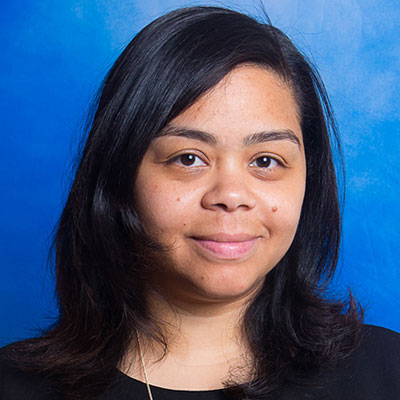
Alexa Sorden
Cahn Fellow 2018
Visionary-Empowering Student Ownership
Look ahead — what do you see? A thoughtful group of scholars taking ownership of their learning. Through blended learning we are working to increase students’ independence, voice, and choice. Blended learning is student-centered in its approach because it allows students to use time and resources more flexibly. Blended learning is an intentional integration of traditional and online learning in order to provide educational opportunities that maximize the benefits of each mode of delivery and thus effectively facilitate student learning.
Why blended learning? The labor market is changing drastically; business predictions state that by 2030, 85% of the professions will be entirely new. Employers will increasingly rely on machines and robots instead of human labor because it helps to reduce costs. 2030 is only eleven years away: hence the sense of urgency to rethink students’ classroom experience.
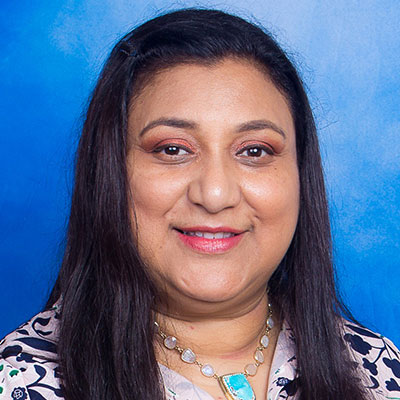
Christina Villavicencio
Cahn Fellow 2018
Cultivating Teacher Mindset
Welcome aboard the Ocean School “A” train to Far Rockaway! as we embarked on developing growth mindset in Math instruction. Our first stop embraced teachers in deep conversations around growth mindset by using a diagnostic lens that fosters mathematical reasoning and practice. At our next stop, we engaged teachers in a deep dive on students’ Math performance spanning three years. Through this data analysis, we learned that the root cause was not student-oriented but rather a “fixed” teacher mindset. As we approached our final stop on the Ocean School “A” train, we realized the problem of practice wasn’t solely our third grade teachers; our problem of practice went back to our early childhood mathematical instruction. Wait, wait…the conductor has just informed us that there is a math problem on the track ahead. Please remain in your seats as we await further directions from our conductors as we head to P.S. 197Q Central Station.
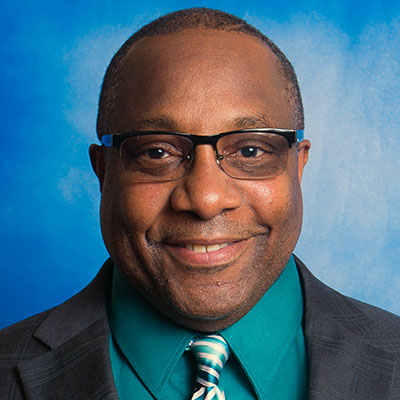
Leander Eric Windley
Cahn Fellow 2018
Equity and Scheduling As It Affects Achievement
By providing all students with the opportunity to interact with their peers in a heterogeneous atmosphere, we are exposing them to different ways of handling social, emotional and academic experiences. At I.S. 318, the students “at-risk” and many of the subgroups traditionally, have not benefitted from school-wide programs due to intervention scheduling conflicts.
Find out how through strategic and well thought out programming, a diverse Title I Middle school promoted student learning & engagement and increased student achievement for their students “at-risk” and their subgroups, by providing access to all school-wide programs.
